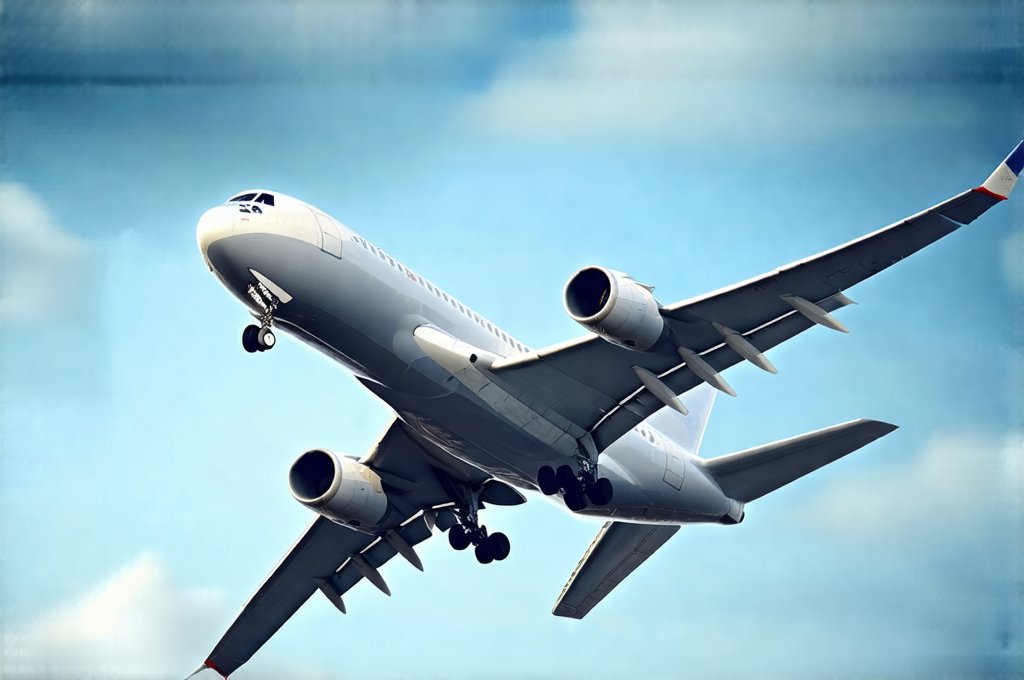Airplane travel is an integral part of modern life, connecting people across vast distances for business and leisure. However, beyond the convenience, it introduces unique physiological stressors that can potentially impact various aspects of health. One frequently asked question among men concerned about prostate health is whether airplane travel could exacerbate or even contribute to prostatitis – inflammation of the prostate gland. This concern stems from a combination of factors inherent in air travel, including changes in cabin pressure, prolonged sitting, dehydration, and potential immune system suppression due to stress and altered sleep patterns. Understanding these mechanisms is crucial for evaluating the risk and implementing preventative measures.
The relationship between airplane travel and prostatitis isn’t straightforward, and existing research is limited. It’s not that air travel causes prostatitis in a healthy individual; rather, it can potentially aggravate pre-existing conditions or create an environment where discomfort associated with chronic prostatitis feels more pronounced. The prostate gland itself is relatively sensitive to changes in its surrounding environment, and the stressors of air travel—particularly those impacting blood flow, hydration levels, and immune function—can collectively contribute to symptoms like pain, urgency, frequency, and difficulty urinating. It’s important to differentiate between acute bacterial prostatitis (which requires immediate medical attention) and chronic prostatitis/chronic pelvic pain syndrome (CP/CPPS), where the link to travel is more likely related to symptom exacerbation.
Physiological Stressors of Air Travel
Several physiological changes occur during air travel that could theoretically impact prostate health. The most significant among these is the reduced cabin pressure. While modern aircraft maintain pressurized cabins, they don’t replicate sea-level atmospheric conditions. This results in a lower partial pressure of oxygen, which can lead to mild hypoxia (oxygen deficiency). Hypoxia can cause vasoconstriction – the narrowing of blood vessels – potentially reducing blood flow to the pelvic region, including the prostate gland. Prolonged sitting is another major factor. Remaining seated for extended periods restricts circulation and increases pressure on the perineum—the area between the anus and scrotum—which can directly impact the prostate.
Dehydration is almost inevitable during air travel due to low cabin humidity and recirculated dry air. Staying adequately hydrated is vital for maintaining healthy urinary function, and dehydration can concentrate urine, potentially irritating the bladder and exacerbating prostatitis symptoms. Furthermore, air travel often disrupts sleep patterns and increases stress levels, both of which have been linked to immune system suppression. A weakened immune system may make individuals more susceptible to infections or flare-ups of existing conditions like chronic prostatitis. Finally, the turbulence experienced during flight can add to overall physical tension and discomfort, contributing to muscle spasms in the pelvic area that could mimic or worsen prostate symptoms.
Potential Mechanisms Linking Travel to Prostatitis Symptoms
The connection between these stressors and potential prostatitis symptom exacerbation isn’t always direct, but a few key mechanisms are hypothesized. One is the impact on pelvic floor muscles. Prolonged sitting can lead to tightness and dysfunction in the pelvic floor muscles, which play an important role in supporting prostate function and urinary control. Tight pelvic floor muscles can contribute to CP/CPPS symptoms by putting pressure on the prostate gland and restricting blood flow. Another mechanism involves increased inflammation. Stress and dehydration can both promote systemic inflammation, potentially worsening inflammation within the prostate itself.
Furthermore, changes in bladder sensitivity might play a role. Dehydration and concentrated urine can irritate the bladder lining, increasing its sensitivity and leading to more frequent urges to urinate – a common symptom of prostatitis. The low cabin pressure could also contribute to gas expansion within the body, causing bloating and discomfort that mimics or exacerbates urinary symptoms. It’s important to note that these are largely theoretical mechanisms based on existing understanding of prostate health and physiological responses to air travel, and more research is needed to establish definitive links.
Risk Factors & Pre-Existing Conditions
Individuals with pre-existing prostate conditions are most likely to experience symptom flare-ups during or after air travel. This includes those diagnosed with:
* Chronic Prostatitis/Chronic Pelvic Pain Syndrome (CP/CPPS) – The most common type, often characterized by pain and urinary symptoms without evidence of infection.
* Benign Prostatic Hyperplasia (BPH) – Enlarged prostate that can cause urinary difficulties.
* Acute or chronic bacterial prostatitis – Requires medical attention and may be exacerbated by travel stress.
Other risk factors include age (older men are more prone to prostate issues), a history of pelvic floor dysfunction, and lifestyle factors like poor hydration habits or lack of physical activity. Men experiencing significant stress or anxiety related to flying may also be more susceptible to symptom exacerbation due to the impact on their immune system and overall well-being. It’s crucial for individuals with known prostate conditions to consult their healthcare provider before traveling to discuss potential risks and preventative measures.
Minimizing Risks During Air Travel
Fortunately, several steps can be taken to minimize the potential for air travel to exacerbate prostatitis symptoms. Staying adequately hydrated is paramount – aim to drink plenty of water throughout the flight, avoiding excessive caffeine or alcohol which can worsen dehydration. Regular movement is also key. Get up and walk around the cabin every hour or two to improve circulation and reduce pressure on the perineum. Consider doing gentle pelvic floor exercises (Kegels) while seated to help strengthen these muscles and improve urinary control.
Furthermore, wearing loose-fitting clothing can minimize compression and promote better blood flow. Stress management techniques like deep breathing exercises or meditation can also help mitigate the impact of air travel on the immune system. If you have a known prostate condition, discuss with your doctor whether any specific medications or precautions are recommended before traveling. Finally, avoid sitting directly on hard surfaces for prolonged periods – use a cushion if necessary to provide additional support and reduce pressure on the perineum.
When to Seek Medical Attention
While preventative measures can help minimize risk, it’s important to know when to seek medical attention during or after air travel. If you experience any of the following symptoms, consult a healthcare professional:
* Severe pain in the pelvic area, lower back, or groin.
* Difficulty urinating or inability to urinate at all.
* Fever, chills, or body aches (suggestive of infection).
* Blood in your urine.
* Worsening urinary frequency, urgency, or burning sensation.
These symptoms could indicate a more serious condition like acute bacterial prostatitis or another medical emergency requiring prompt treatment. It’s always better to err on the side of caution and seek professional evaluation if you’re concerned about your prostate health after air travel. Remember that this information is for general knowledge and informational purposes only, and does not constitute medical advice. Always consult with a qualified healthcare professional for any health concerns or before making any decisions related to your health or treatment.





















